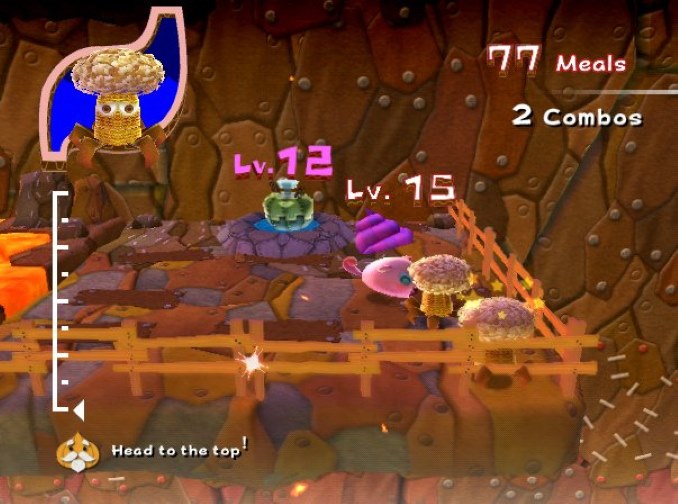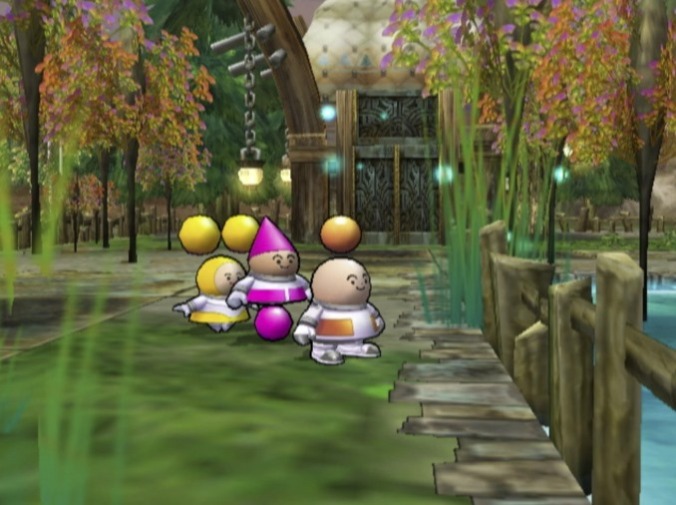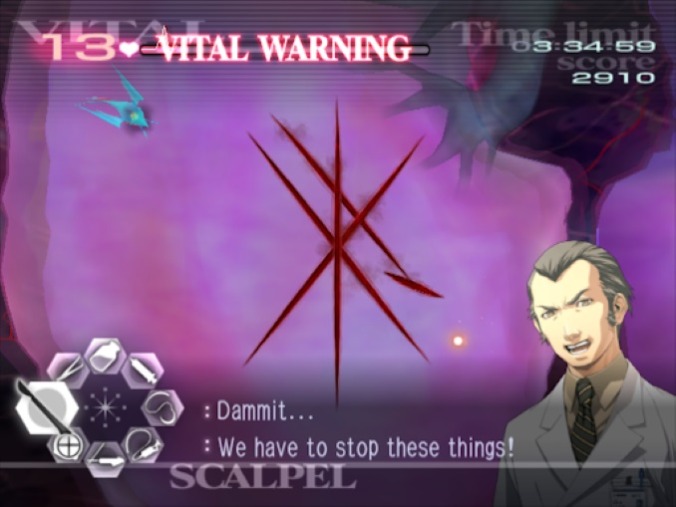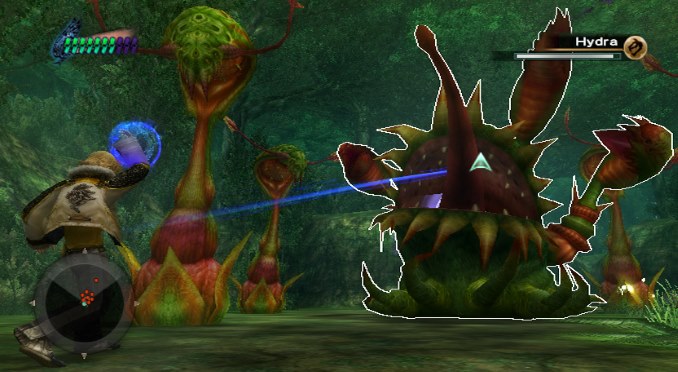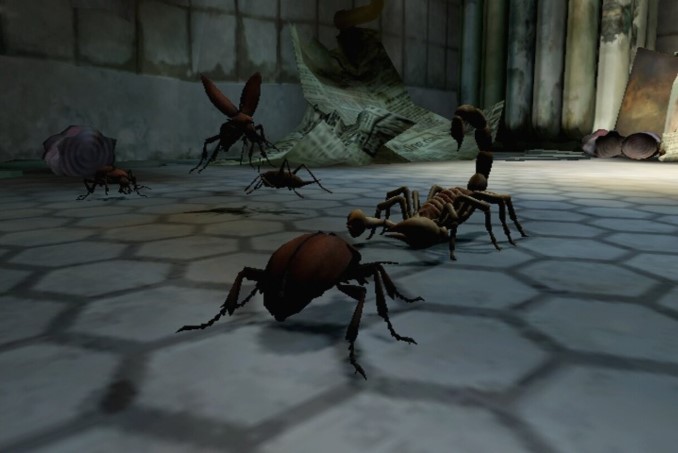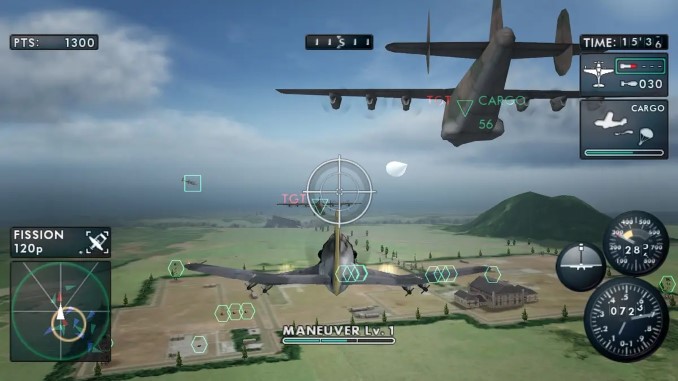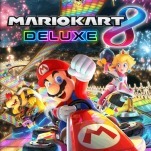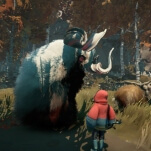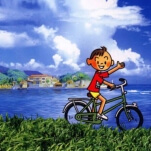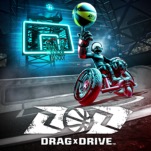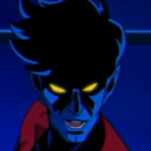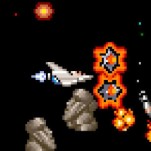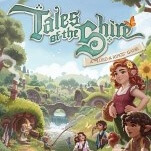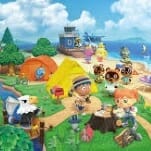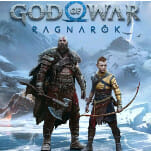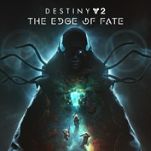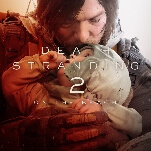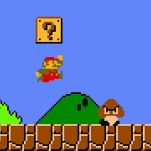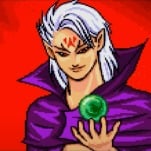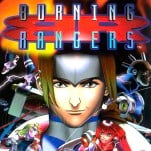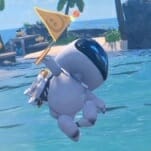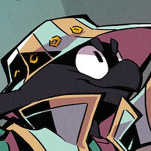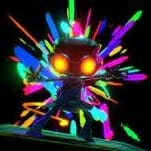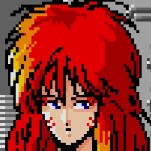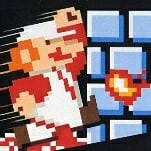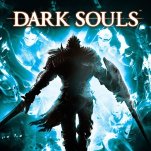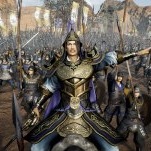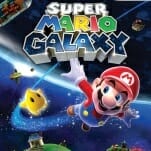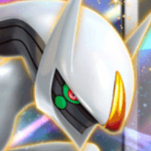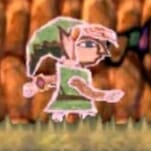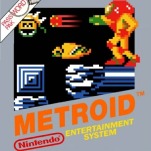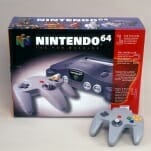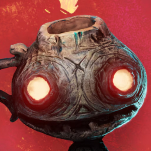12 Third-Party Wii Exclusives that Need to Be Rereleased
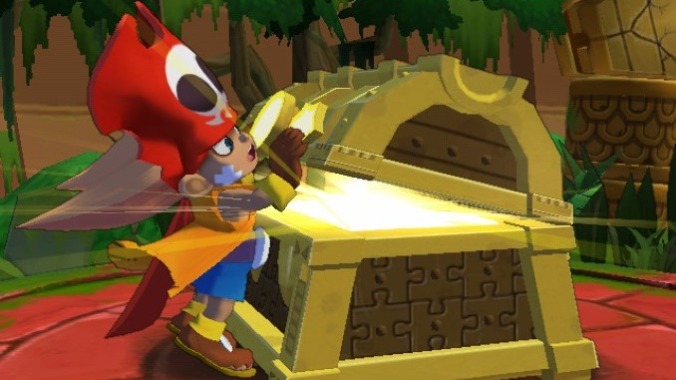
The Wii hasn’t had its critical reevaluation yet. The GameCube has already had its retrospective moment, and the Wii U kind of jumped ahead in line thanks to so many (but not all) of its killer exclusives ending up as killer deluxe edition Switch games. The Wii, though, has been mostly left waiting for its turn.
It’s not that the Wii was missing great games. It’s that people didn’t buy them. They didn’t want them, for myriad reasons. Nintendo’s blue ocean strategy was great at getting consoles into the hands of families and people that maybe hadn’t considered owning one before, and their concession on the graphical front—where they sacrificed going for the highest fidelity in favor of attempting to make something Different—has certainly paid off in the long run. But with the Xbox 360 and PlayStation 3 showing off hi-def gaming and robust online platforms for multiplayer and everything feeling so new, new, new in a way different than what Nintendo was after, well, the Wii’s games didn’t always get the spotlight they deserved. Even Nintendo’s own games sometimes suffered from this problem.
So, let’s get this critical reevaluation going ourselves. And we’re not going to do it by highlighting Nintendo games, either. You know the score there, with much of the first-party stuff being at least worth investigating (outside of, like, Metroid: Other M), and you already know how I feel about Sin and Punishment: Star Successor, anyway. Let’s go all third-party, all Wii exclusives, and talk about the games that, like the Wii’s reputation for games in general, deserve a second chance in the present.
Blast Works: Build, Trade, Destroy
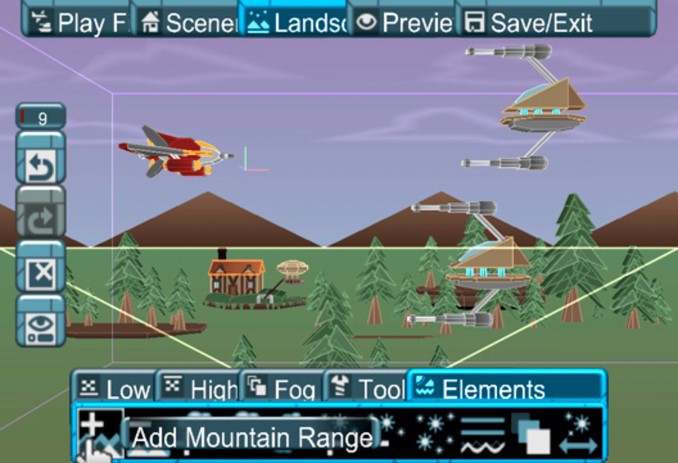
Developer: Budcat Creations
Publisher: Majesco Entertainment
2008
Blast Works is a shoot ‘em up with a simple but ridiculous premise: what if all the stuff you shot down could become part of your ship simply by crashing into it afterward? It’s a horizontal shooting game where you start off with one of a few different, smaller ships, and those small ships end up being huge by the end of the stage, as the enemies you defeat and run into become part of your ship. They’re part armor, part firepower, as their guns are added to yours, making for some ridiculously unwieldy—but effective!—ships.
Blast Works is based on a 2004 free game developed by Kenta Cho known as TUMIKI Fighters. It used that game as a premise and ran with it, and oh, Budcat Creations also added in a bunch of Cho’s other freely available shooters as unlockables, too. It came with a level editor, online leaderboards, and also probably more people (positively) reviewing it than buying it in stores. Luckily, you can find Cho’s games available—still for free—but this specific iteration of them is currently lost to time. If you’ve still got a Wii and like, $5-6, though, you can find out for yourself, at least.
Kororinpa: Marble Mania
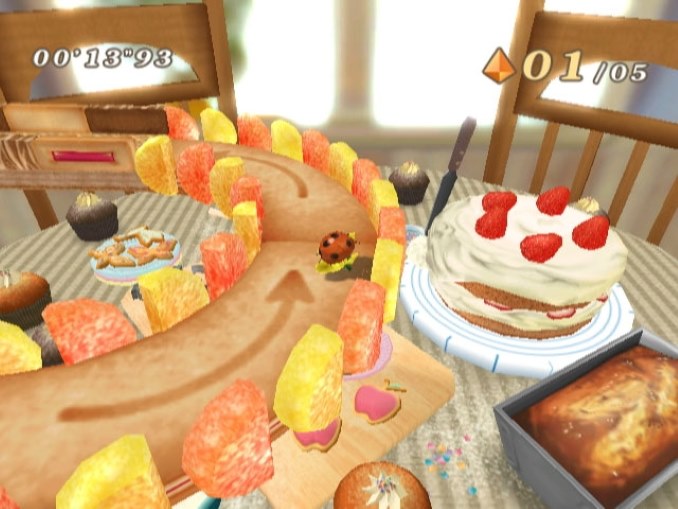
Developer: Hudson Soft
Publisher: Hudson Soft
2007
Kororinpa was a launch title for the Wii in Japan, one that used the gyroscope in the Wii Remote to let you move a marble around mazes based on BRIO’s wooden toy marble game, Labyrinth. Balancing speed and accuracy is paramount to your success: there are nearly 50 levels to work through, all with special gems to collect that require more than luck to actually acquire, and you’ll have to figure out how to do things like, turn the floors into walls or ceilings by quickly manipulating the playing area with the Wii Remote. Oh, and you can eventually unlock mirror versions of every stage, as well.
Kororinpa didn’t get exceptional reviews at the time, but that might be owed at least in part to the genre in general. “A marble maze game” as a launch title isn’t all that exciting compared to, say, a new Zelda that had been delayed specifically to coincide with the Wii’s launch and drum up interest in it. It’s great fun, however, and superior to its sequel, which some fans will tell you messed up the physics of the first in some aggravating ways.
Fragile Dreams: Farewell Ruins of the Moon
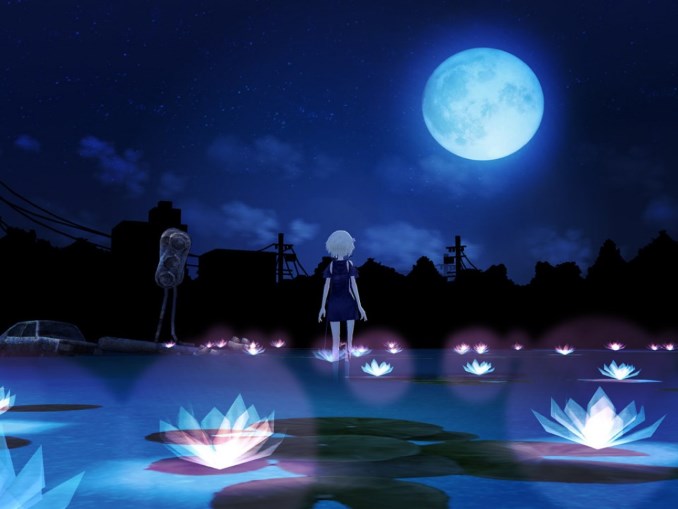
Developer: Namco, Tri-Crescendo
Publisher: Xseed
2010
Fragile Dreams is a game about loneliness, and attempts to confront that loneliness. Everything in the game reflects these facts back at you; they’re an inescapable part of the experience. Of course, plenty of people did escape it by not buying it in the first place, in part owing to the release schedule around it—Fragile Dreams shared March 2010 in North America with Final Fantasy XIII, Street Fighter IV, God of War III, and the expansion to Dragon Age: Origins—so even before you get to the “it’s weird and tough to explain” part of the sales pitch, people had already plopped down their money elsewhere.
It’s not a perfect game, but it’s one everyone should experience at least once. It’s a post-apocalyptic tale about a young boy desperate to form connections in that world, who meets up with others who are hoping to feel the same, or are afraid of feeling the same, or are afraid of feeling anything at all, since hope itself can be dangerous. Most of your interactions are with people who have already moved on, either physically or spiritually speaking, with Seto, the protagonist, attempting to grant some final requests of the departed after he comes upon them. This is a world that looks empty, but it is anything but. This world, like Fragile Dreams itself, is flawed yet beautiful.
Zack & Wiki: Quest for Barbaros’ Treasure
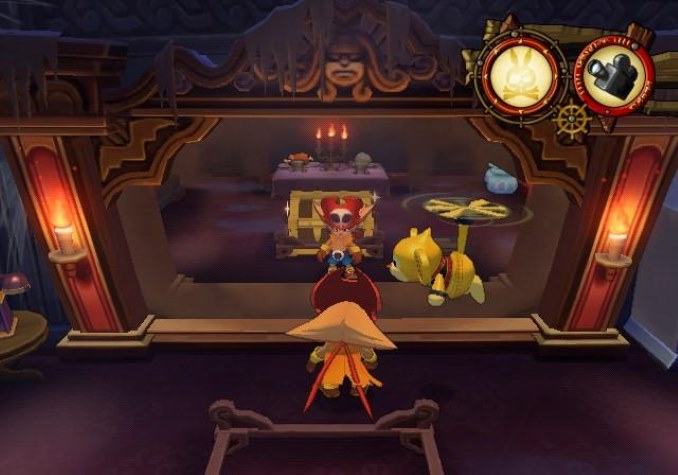
Developer: Capcom
Publisher: Capcom
2007
Capcom threw a ton of support behind the Wii, and one of the earliest instances of this came in the form of an adventure puzzle title known as Zack & Wiki. Zack is an adorable little pirate dude, and Wiki is his monkey pal who bears more than a passing resemblance to Mega Man Volnutt’s monkey pal from Mega Man Legends. You use the Wii Remote for pointing and clicking and for object manipulation to solve clever puzzles and progress the plot—it doesn’t play just like a classic LucasArts’ game by any means, but it feels closer to that in a lot of ways than Capcom’s Phoenix Wright games ever did. You’re scored on how many attempts it takes you to complete a puzzle, how clever your actions were for solving the puzzles, and how difficult the puzzle in question was in the first place. There’s clear replayability here, on top of it being just so fun to get through the first time regardless of skill, and oh, it’s also just an attractive looking game with an eye-catching style, to boot.
Sadly, despite being rightfully beloved by critics, Zack & Wiki was a complete flop at retail. So, despite the ambition present in subtitling the first game in a series, this ended up being the lone entry. Still! This would be a classic if anyone had bothered to play it in the first place, and if given a second opportunity, it could be more successful the second time around than it was the first.
-

-

-

-

-

-

-

-

-

-

-

-

-

-

-

-

-

-

-

-

-

-

-

-

-

-

-

-

-

-

-

-

-

-

-

-

-

-

-

-

